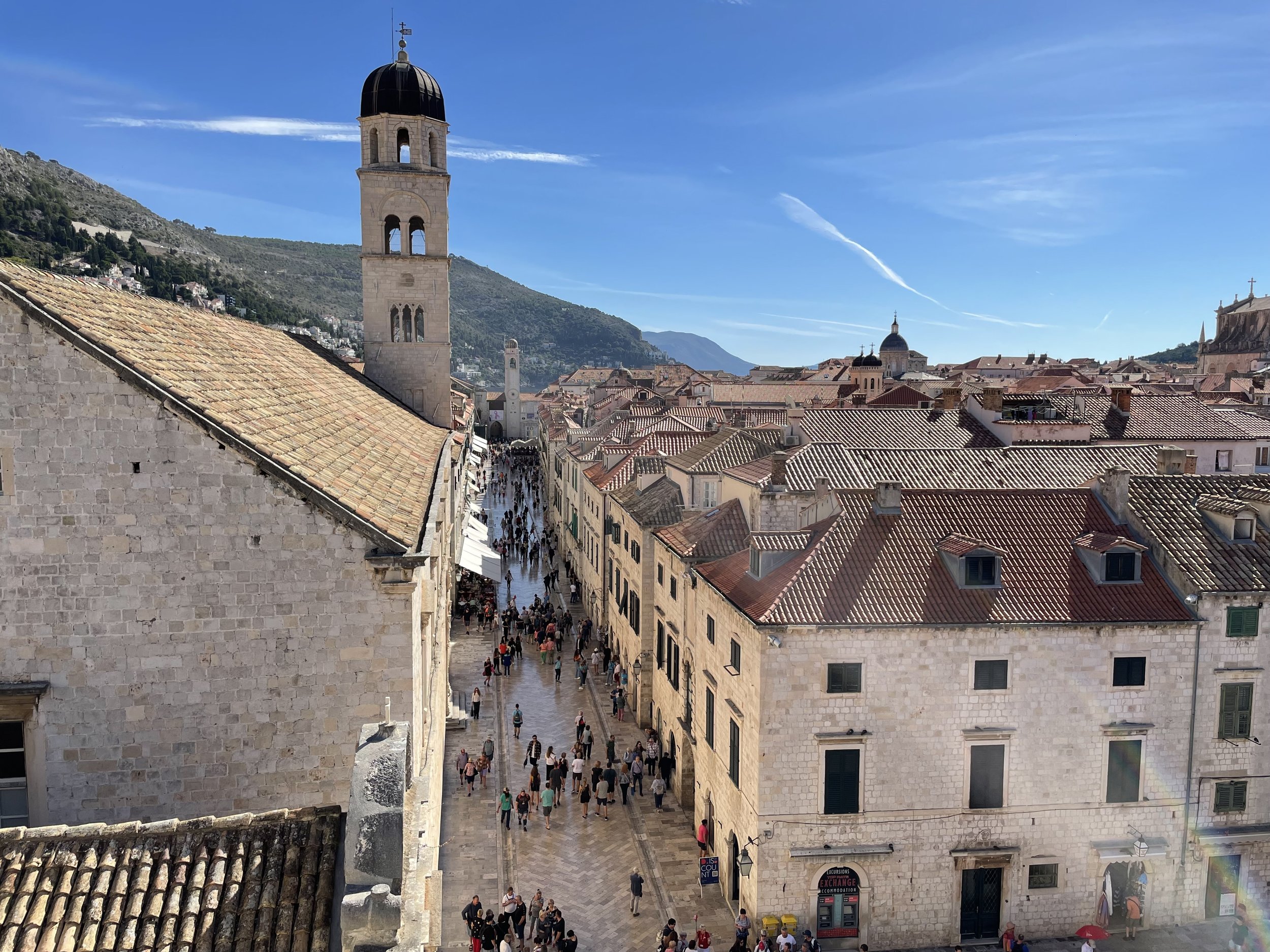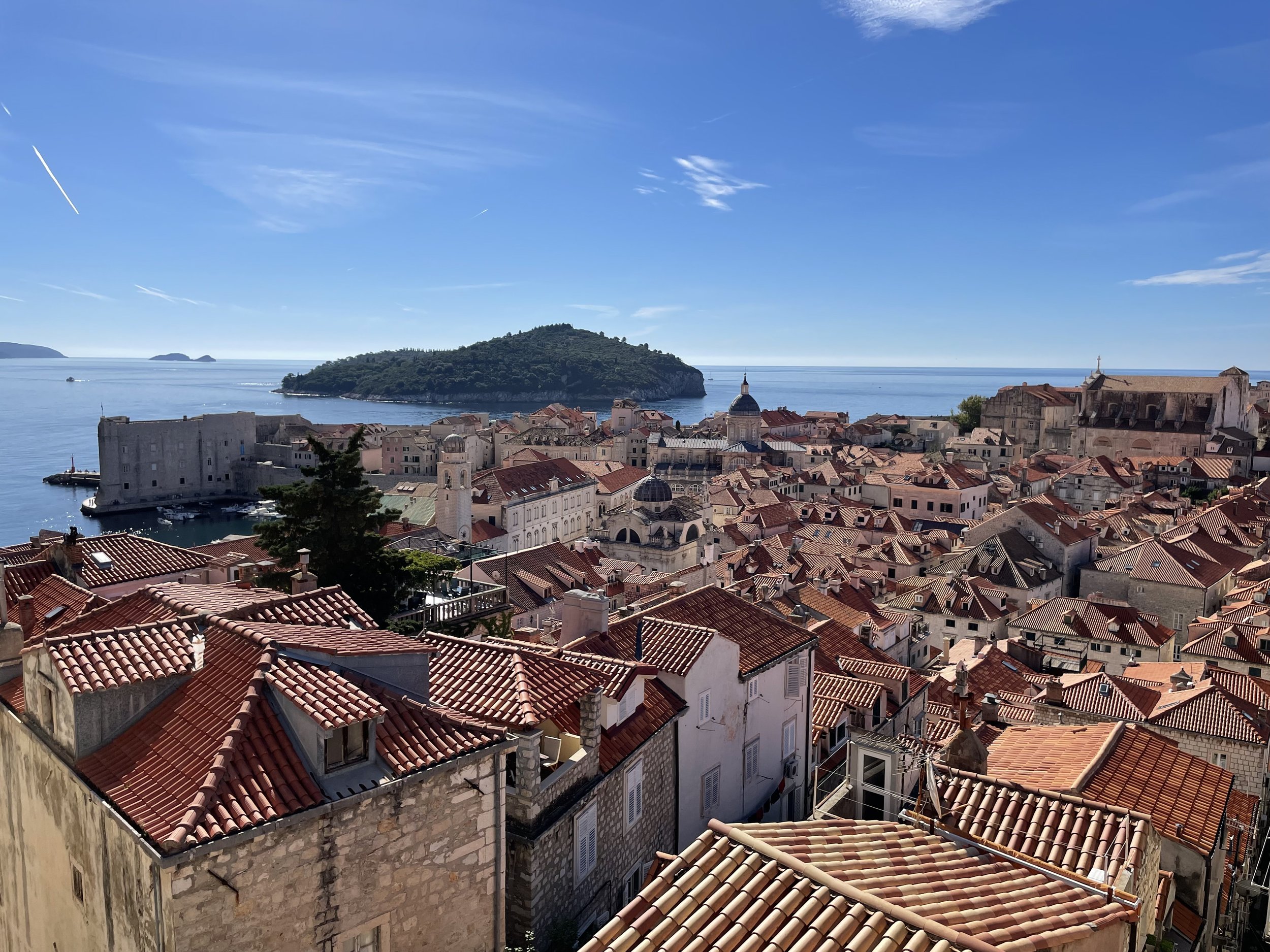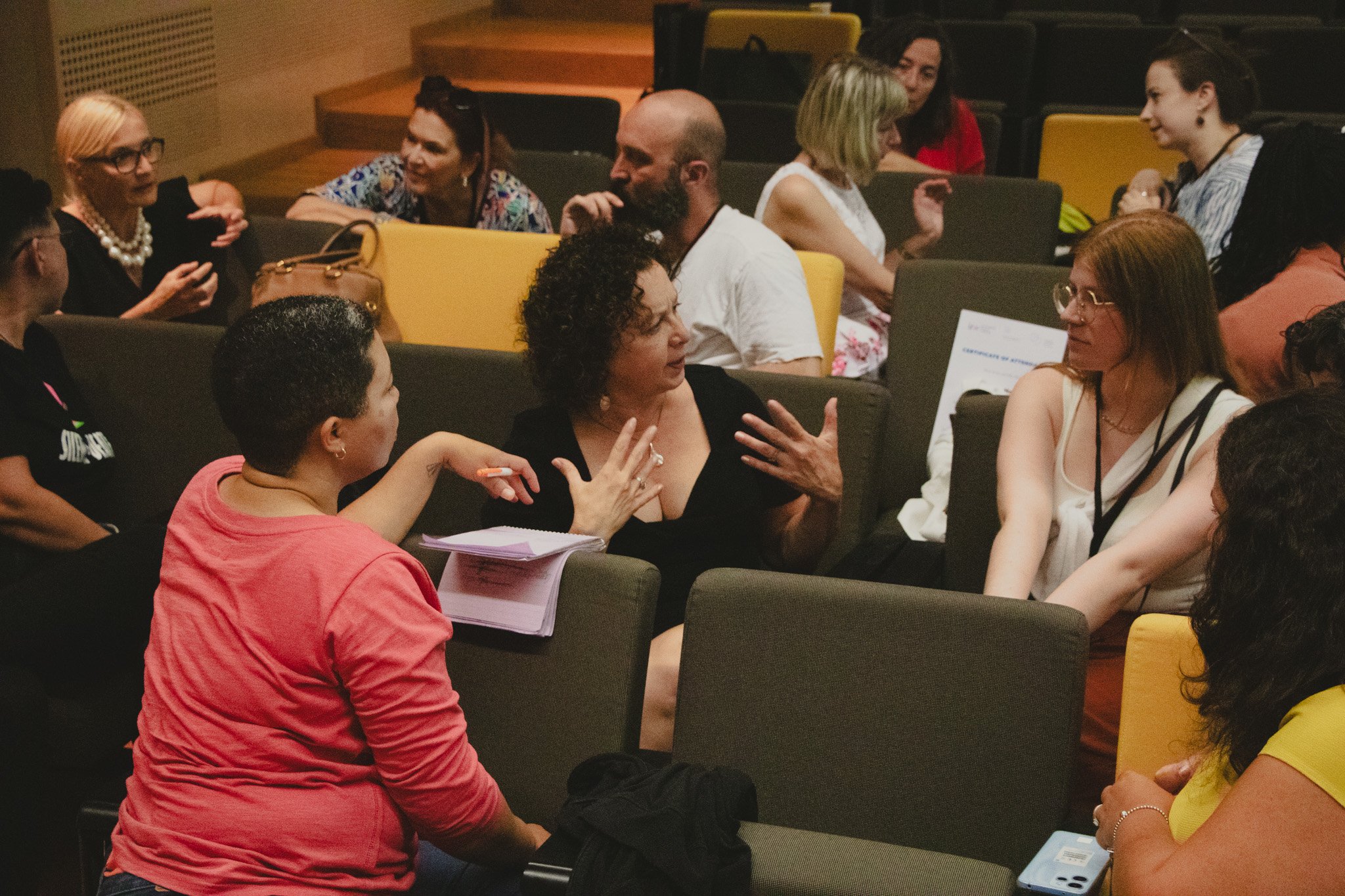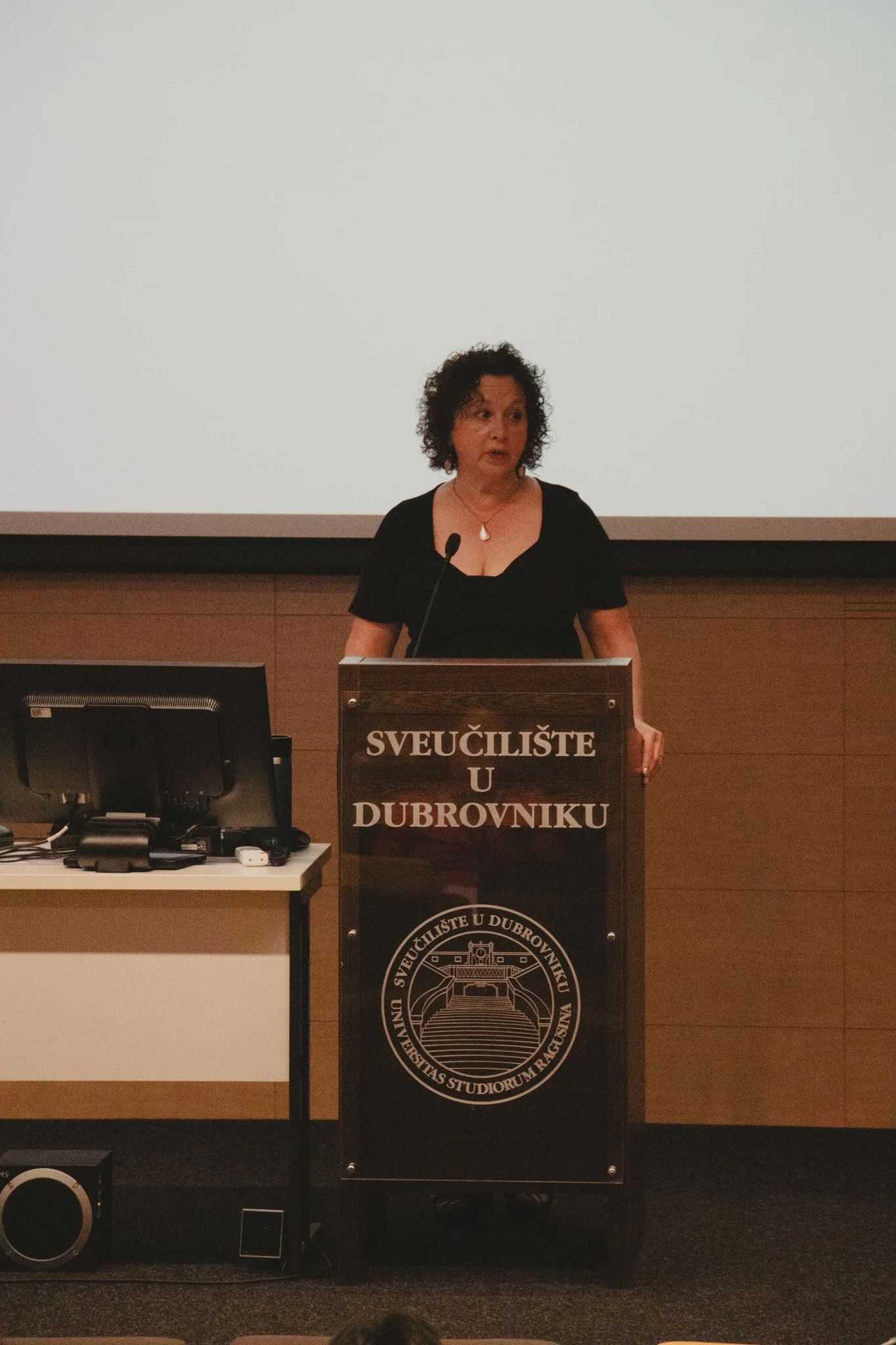
The International Rhetoric Workshop (IRW) is an international workshop for emerging scholars and PhD students in rhetoric. The workshop offers a space for early career scholars in the global rhetoric community to engage each other’s work and to connect with internationally renowned scholars. Established and advanced career scholars are also encouraged to apply!
Held over the course of three days, IRW consists of: workshop sessions in which participants review and discuss drafts of ongoing research with faculty; an opening keynote address on each day from internationally renowned scholars; and faculty discussion panels engaging with topics relevant to the theme and to workshop participants’ research.
International Rhetoric Workshop
IRW in Scholarship
See recent reports of the International Rhetoric Workshop in journals Res Rhetorica, Govor, and Rhetoric Review!
Brent Lucia
“The IRW provides an amazing blend of scholarship, social experience, and learning opportunities. I cannot say enough about how transformative this workshop can be for young scholars in the field.”
Lisa Flores
“What a fabulous opportunity to think and learn and connect together.”
Amanda Adam
“IRW was a great first academic experience. The groups for the pods were well thought out, allowing us to receive relevant and specific feedback on our papers, while the keynote speakers provided us with new and challenging insights. To top it off, IRW included a well-organized social program that invited us all to connect with each other, making it a perfect introduction to the rhetoric community.”
Shuzhen Huang
“I enjoyed the collegial culture of IRW and the constructive feedback I received for my work!”

2024 Workshop
Dubrovnik, Croatia; 18-20 June 2024
The 2024 workshop brought together rhetoric scholars from around the world for 3 fruitful days of dialogue, discussion, and conversation. Click below for a fuller description and snapshots of the event.
On-site IRW 2024

Said about IRW...
Endorsements


































